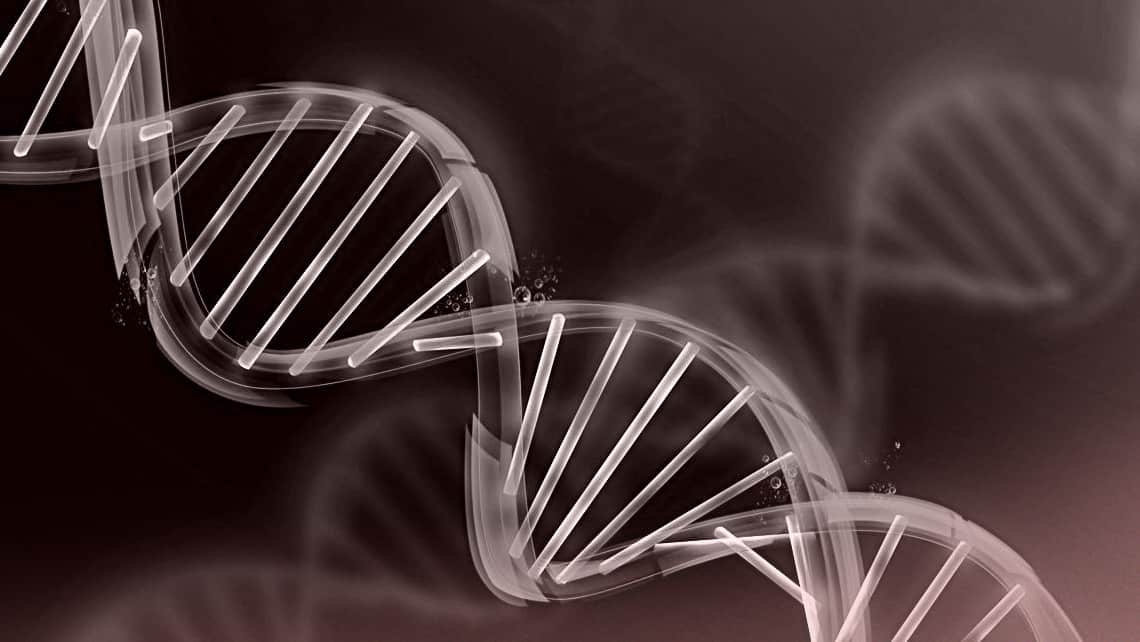
Kallmann Syndrome: Hypogonadism in women and men
Kallmann syndrome is a genetic disease characterised by an absence of sex hormones (hypogonadism) due to a deficit of gonadotropin-GnRH (hypogonadotropic) hormone releasing and, lack of smell (anosmia).
Índice
What is Kallmann Syndrome (KS) or Maestre-Kallmann-Morsier Syndrome?
It is a genetic disease that causes hypogonadism-hypogonadotropic and lack of smell. It has different inheritance types: X-linked, autosomal dominant and recessive.
What causes Kallmann syndrome?
KS is caused by mutations in several genes including: KAL1, FGFR1, FGF8, FGF8, CHD7, SOX10, PROKR2 and PROK2. Mutations in these genes cause problems in the development of the olfactory system and also a disrupted embryonic migration of GnRH-synthesising neurons from the olfactory epithelium to the hypothalamic region of the brain.
What are the symptoms of Kallmann syndrome?
Common symptoms to both sexes are absence of spontaneous puberty and total or partial loss of smell. Less common symptoms include unilateral renal agenesis, hearing deficit, cleft lip or palate, dental agenesis or involuntary movements that persist beyond infancy.
Symptoms in males are:
- Reduced bone density and muscle mass
- Reduced testicular volume (<4 mL)
- Erectile dysfunction
- Decreased libido
- Infertility
Symptoms in women are:
- Primary amenorrhoea
- Anovulation
- Incomplete breast development
- Infertility
How can we diagnose Kallmann syndrome?
Many cases are diagnosed at puberty due to lack of sexual development.
The diagnosis of KS consists of:
- Hormonal determinations: LH, FSH, testosterone and oestradiol
- Assessment of the sense of smell. The use of magnetic resonance imaging may be useful
- Genetic studies to identify the disease-causing mutation
What is the treatment for Kallmann’s syndrome?
To induce puberty and later fertility, hormone replacement therapy is used, i.e. exogenously administered hormones to restore normal levels. At present, there’s no treatment for anosmia.
Can a person with Kallmann syndrome have children?
The use of exogenous hormones can activate gametogenesis and therefore fertility in patients with Kallmann syndrome. However, given that it is a genetic disease, the use of pre-implantation genetic diagnosis techniques is also highly recommended in cases where the transmission of the disease to the next generation is to be avoided.
Dr Belén Lledó, Scientific Director at IBBIOTECH, part of the Instituto Bernabeu group
THE FOLLOWING MAY ALSO BE OF INTEREST TO YOU:
